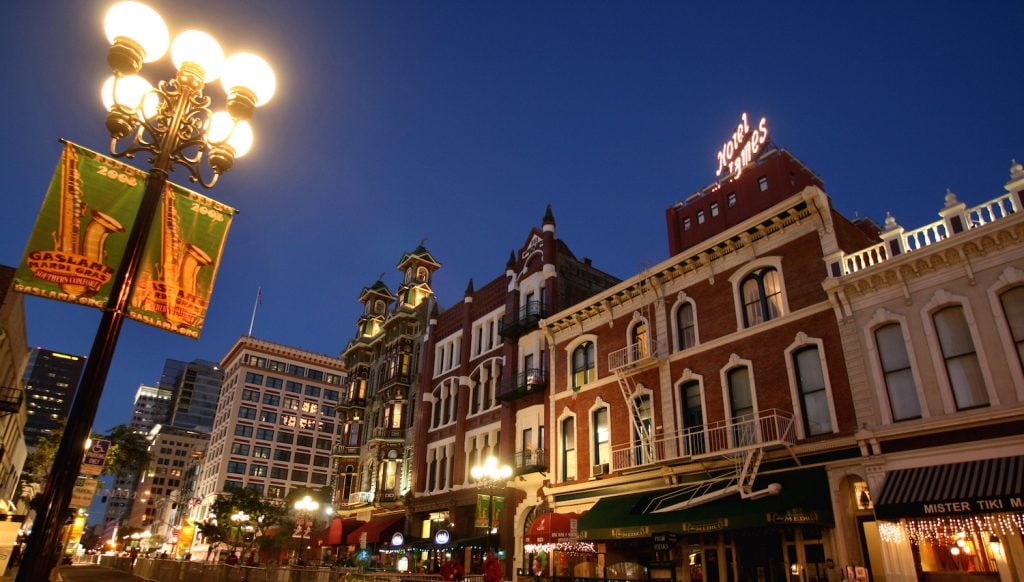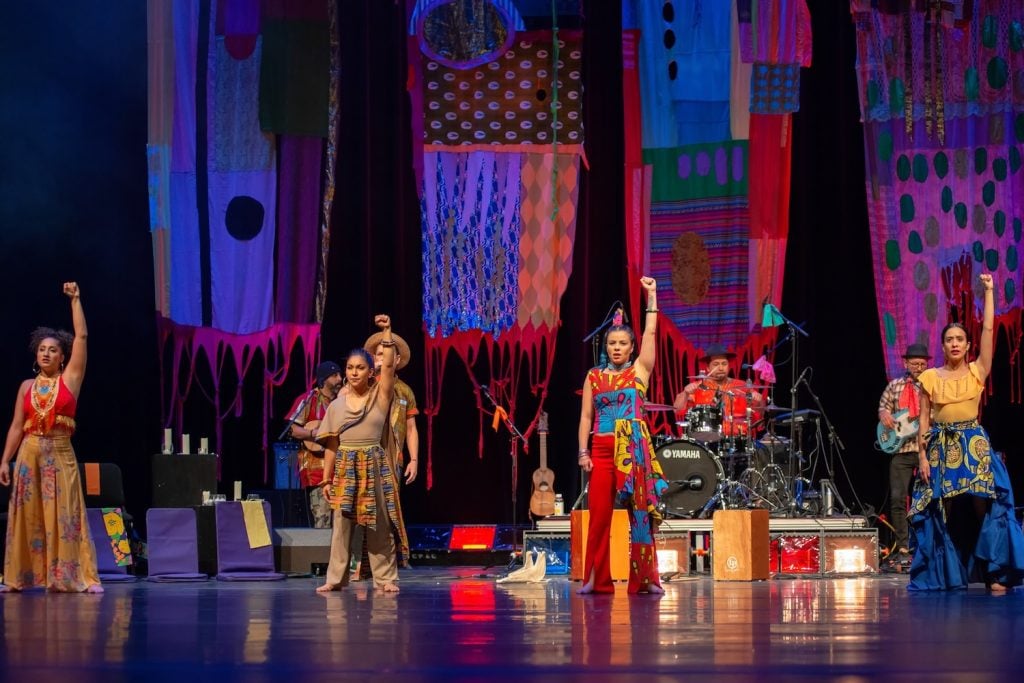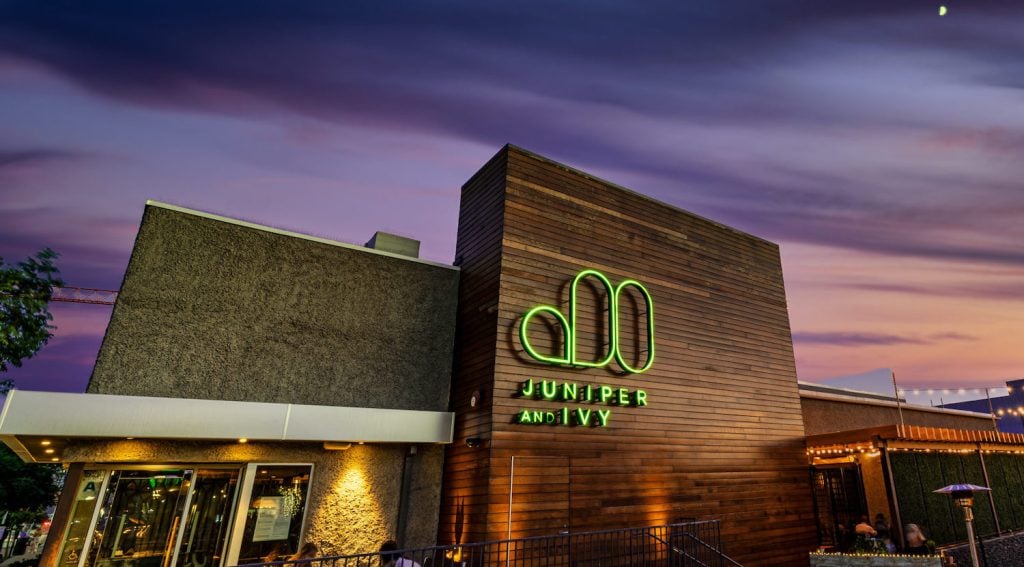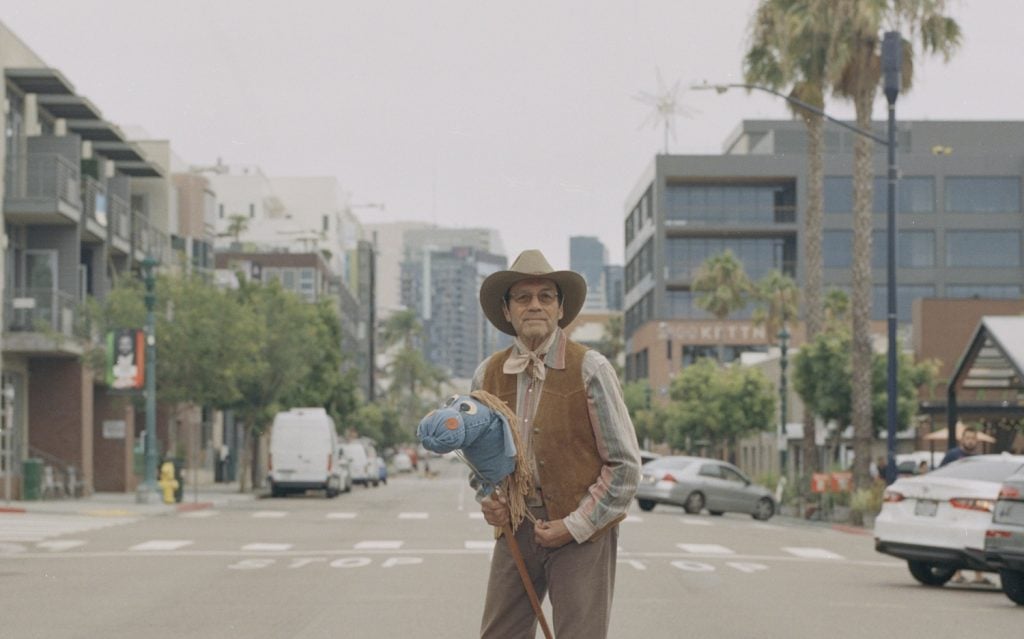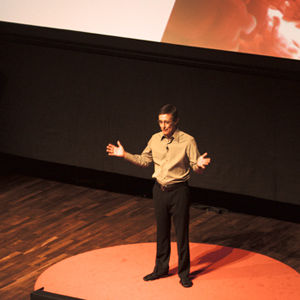
Jack Abbott at TEDx San Diego
Jack Abbott at TEDx San Diego in 2012
It started as the brainchild of Chris Anderson back in 1984: An intellectual union of experts and information related to Technology, Entertainment, and Design (TED, for short). Today, TED has expanded beyond its biannual conferences into myriad offshoots like TED-Ed, TED Books, TED Prize, TED Events, TED Fellows, and the global phenomenon of TEDx, which has spawned 7,552 events in 151 different countries since 2009. While the “x” officially denotes an independently organized TED event, Anderson believes “TED multiplied” is a better definition. “It’s been the force that has taken TED across the planet and seeded all of these communities. I’ve never seen anything like it,” he explains. “And I’m absolutely in awe of that.”
Forbes.com’s social and marketing trend contributor, Mark Fidelman, says the “x” factor in TEDx is its savvy organizers. One such dynamic leader is TEDxSanDiego’s Jack Abbott, who lives in Poway. What started as a small book club gathering grew exponentially into what Abbott calls one of the top ten TEDx events across the globe. And it’s right in our backyard. Abbott, the self-professed “Chief Instigator,” considers TEDx the passion project that fulfills his life dream of being a cross-cultural educator.
Entering its fourth year, TEDxSanDiego started with 17 speakers and 220 participants at Anthology in Little Italy, and 18,000 online viewers. This December, TEDxSanDiego will welcome more than 24 speakers and performers in its new home, Calit2, UC San Diego’s epicenter of innovation, along with hosting an interactive TEDx village on campus and multiple venues accommodating upwards of 500 people. “We’ll also be hosting 350 people at the new San Diego Public Library and will simulcast into all of its branches with meeting rooms. We expect to exceed 50,000 online viewers and have over one million views of the event’s videos,” Abbott says.
TEDx is about inspiration and a-ha moments, and delves into subjects as varied as NASA’s robotic exploration in 3D or music for mental health on Skid Row. Abbott explains that the overall goal is to share outside-the-box, brilliant ideas that reach as many people as possible. “But it’s without being activists ourselves. It’s not about promoting any kind of agenda,” he says. “I’d like to see the organization being less wrapped around big-name speakers than big ideas.”
Experts, organizers, and attendees alike agree TEDx is a brand that’s here to stay. Local writer Jean Courtney, who attends every year, says, “It is my absolute favorite day in San Diego, with all the innovators, thinkers, and doers in the same room at the same time. Everybody is operating on all cylinders of inspiration, and the connections you make are incredible.”
In a time when a deluge of information bombards us and the noise of unfiltered voices is overwhelming, the cultural phenomenon of TEDx reinforces a hunger for vetted knowledge while also taking into account our shortened attention spans. “TED has perfected the art of the 18-minute talk and provides people with what they want—immediate gratification and inspiration,” says Peter Krasilovsky, VP at BIA/Kelsey.
Allison Arling-Giorgi, a strategist at The Intelligence Group, which tracks youth trends, also believes in the staying power of TEDx. “There is a need for people to exchange innovative and thought-provoking ideas, especially among younger generations who believe information and being in-the-know is the new social currency.”
Krasilovsky adds, “One of the ironies of the internet era is it has reinforced how much people really want to get together to build community. People don’t just want to be cyber-relatives—they use that as a touching-off point for genuine relationships. This type of event phenomenon, both free and paid, is a major part of the next generation’s social life.”
Abbott, who runs a digital advertising group by day, contributes endless hours and doesn’t receive a penny, as everything goes back into the programming. “I am lucky to have partners who support my efforts as well as a business that allows me flexibility,” he says. He even finds time to mentor others. “The best part of Jack is that he doesn’t create followers: he creates other leaders,” says Brian Doyle, the student organizer of the first TEDxYouth@SanDiego.
Even though Abbott will probably not quit his day job anytime soon, TEDx has had a profoundly positive effect in his own life. “I’ve met so many amazing people, like the Dalai Lama, Jane Goodall, Craig Venter, and Jake Shimabukuro,” he says. “Motivated by past speakers, I’ve started a new entrepreneurial venture called Intelligent Light Source that I believe will change what we eat and disrupt the food supply chain. If nothing else, being involved has taught me that there’s nothing wrong with thinking big!”
Each year when the conference ends, Abbott is reminded why he donates his time to TEDxSanDiego. “I love standing on stage at the very end and watching the reactions as people stream down to the front of the room, trying so hard to keep the moment going. They laugh, they cry, and they tell me we’ve changed their lives.”
While TEDx’s critics seem few and far between, some claim the speakers should be vetted more carefully, and certain pseudoscience talks should be eliminated. “One challenge is that we have to avoid scientific topics whose validation we cannot establish,” Abbott says. But the praise and adoration for TEDx overshadow any rumblings, although there is one lament that’s repeatedly heard: “The only thing I don’t like about TEDxSanDiego is that it only happens once a year.”



